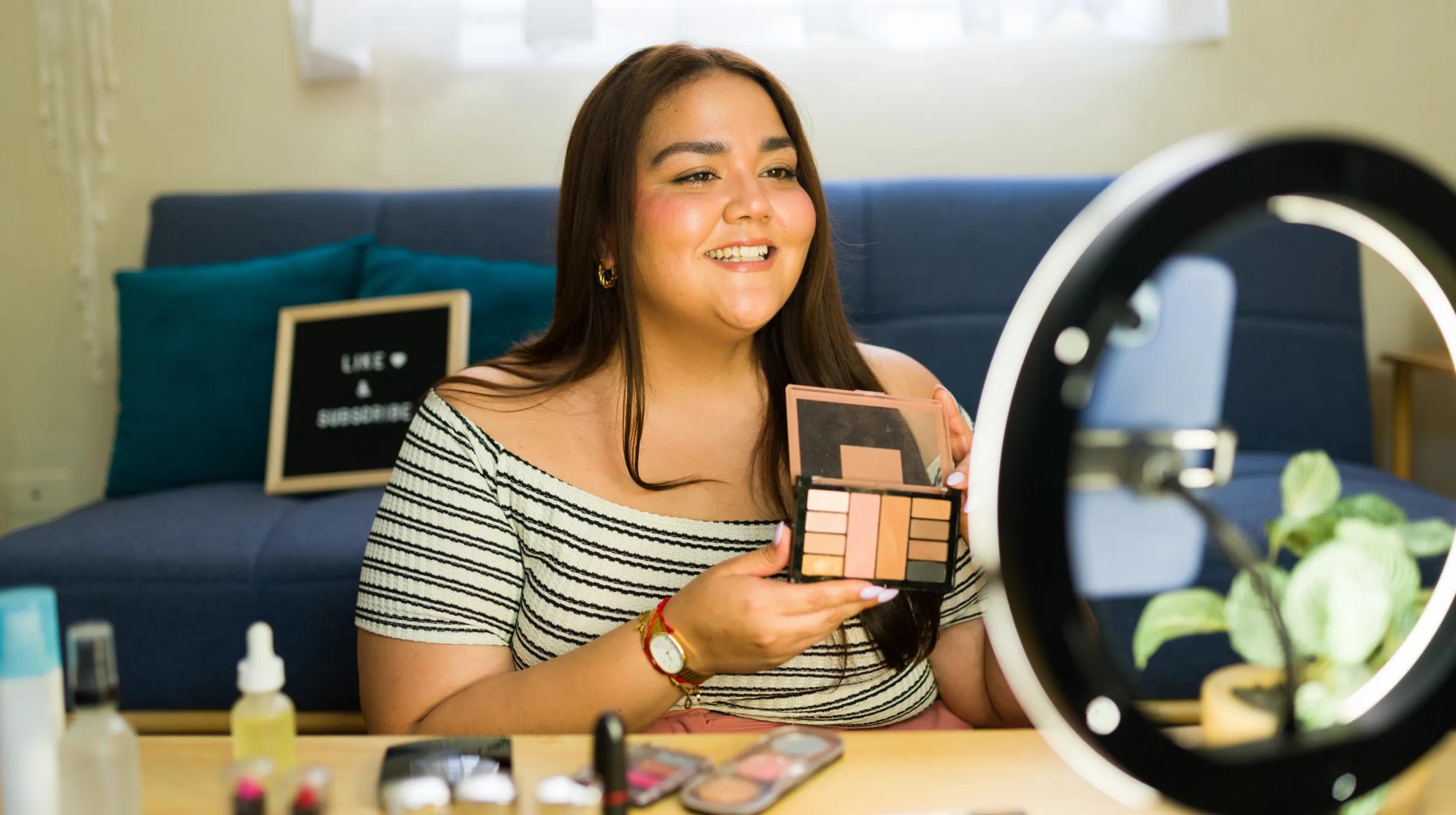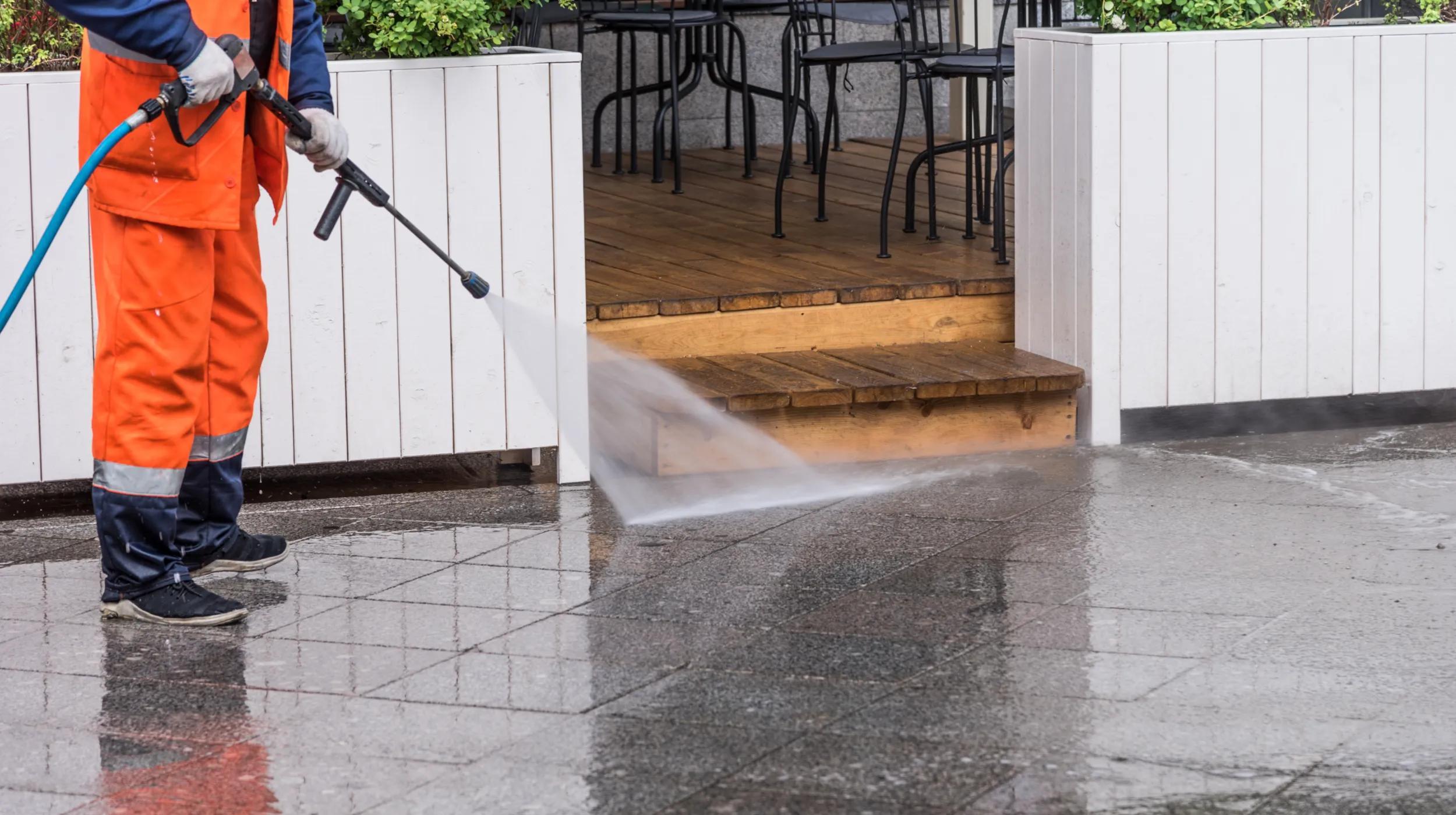Diversity, equity, inclusion and belonging (DEIB) are principles meant to ensure we all – regardless of who we are or what we’ve experienced – have an equal opportunity to thrive and succeed.
DEIB isn’t just about one group, one company, or one issue—it’s about all of us.
And DEIB is not just for big business, either. Focusing on DEIB in your small business can help empower yourself, your fellow entrepreneurs, your customers and your communities. There are many ways small businesses can make a positive impact by integrating DEIB principles into their operations, services and offerings.
Your business needs a website.
A favorite part of my job as vice president of diversity, inclusion and belonging for GoDaddy is when I get to discuss DEIB best practices for small businesses with the entrepreneurs who participate in Empower by GoDaddy, GoDaddy’s global social impact program designed to equip entrepreneurs from under-served communities with learning and resources to accelerate their small business success. The first thing we cover in our DEIB course is:
Why should a busy entrepreneur spend time considering DEIB?
The answer is simple: DEIB is good for people—and people run businesses; people are our customers; and people make up our communities. What’s good for people is good for business and all of us as individuals.
But you don’t have to just take my word for it; there is plenty of research that agrees. DEIB empowers everyone a business interacts with, including:
Employees
70% of job seekers say a company's commitment to diversity, equity and inclusion is important when evaluating a potential employer. Once hired, employees who experience a sense of belonging are 5.3 times more likely to feel empowered to perform their best work. High belonging was also linked to a 56% increase in job performance, 50% drop in turnover risk and 75% reduction in sick days.
And when a team is built, inclusive teams are 17% more likely to report being high performing and 20% more innovative. If you’re looking to hire employees for your business, those are some powerful reasons to build an inclusive environment in which they can flourish. You’ll attract great talent and build an effective team by focusing on DEIB.
Customers
Brands with the highest diversity scores showed an 83% higher consumer preference. Another study detailed how 73% of consumers believe it’s important that brands they buy from take action to promote diversity, equity and inclusion. Displaying a commitment to DEIB helps build a loyal customer base.
Investors
75% of organizations with frontline decision-making teams reflecting a diverse and inclusive culture will exceed their financial targets. If you’re hoping to attract investors, you’re probably looking for any way to help you hit your financial goals, and DEIB can help.
Communities
In the U.S., the racial wealth gap is wide: in 2019 the median white family had $184,000 in wealth compared to just $38,000 and $23,000 for Hispanic and Black families, respectively. Meanwhile, the country will not have any single ethnic or racial majority by 2065. By considering and supporting diverse experiences now, we are both empowering those around us today and getting prepared for how to do so tomorrow and beyond.
How can a small business embed DEIB into its business strategy?
Here are some best practices to consider:
- Think about DEIB the same way you would any other priority to advance your business. If focusing on DEIB can help attract customers and make you more profitable, you may want to prioritize it the same way you do your marketing, sales and other business decisions.
- Think about your day-to-day operations to consider where you can integrate best practices into how you work to further DEIB goals.
- Be a consistent champion of DEIB principles through your business, with your employees, to your customers and in your community.
Those are considerations you can apply across your business. For a more detailed example, here are ways a small business could prioritize equity when introducing a new product or service to customers:
Research and ideation – When brainstorming a product or service concept:
- Ask or survey people from marginalized and under-served communities, like women, people with disabilities, people of color, LGBTQIA+ individuals and others, about what they need or are looking for in the product or service.
- Consider trying to build products and services for those who may need it most—not just a “majority” of customers.
- Consult external resources when researching ideas for a new product or service or in how to improve your offering. For example, reach out to an organization that represents people with disabilities to understand whether your service will be as accessible as possible to people with limited mobility.
Planning and design – When scoping and conceptualizing your product or service:
- Consider how you might design your products and services for beyond your “target” user. Focusing on marginalized and underprivileged communities can both help support those communities as well as potentially expand your customer base into other segments you hadn’t considered.
- Solicit feedback from diverse groups and individuals throughout the design phase so that their voices are reflected in what you create.
Development and prototyping – When creating and building your product or service:
- Support other small and diverse businesses by partnering with or sourcing materials, services or input from them.
Validation and testing – When testing your product or service with target customers:
- Ensure product testing groups reflect diverse groups and experiences.
- Prioritize updating and adjusting products and services in ways that support more people having an equally positive experience with them. For instance, adjust the times you offer a service so that parents or caretakers are more likely able to use it.
Production and commercialization – When producing, selling and marketing your product or service:
- Train your customer-facing employees on how to engage with people inclusively. For example, teach your team on how to not make assumptions, use inclusive language and be welcoming to all.
- Actively promote products and services to a broad and diverse market. You may even find a new customer audience you hadn’t considered.
- Continue to invite and consider candid feedback after launch. Create ways for people to leave feedback through your website, with comment cards in your store or through a survey after providing a service and be explicit that your goal is to provide a positive experience for everyone.
DEIB doesn’t have to be complicated. The simpler we make it, the easier it is to do. Embracing the strategies outlined above doesn’t have to be expensive, either. Prioritizing DEIB really just means staying curious, compassionate and courageous when considering and interacting with your employees, customers and communities.
How might you get started with integrating DEIB into your small business?
At GoDaddy, we make apps and services that our worldwide community of entrepreneurs can relate to and that serve our mission of empowering entrepreneurs everywhere, making opportunity more inclusive for all. Our people and culture reflect and celebrate that sense of diversity and inclusion in ideas, experiences and perspectives. But we know that’s not enough to build true equity and belonging in our communities. That’s why we prioritize integrating diversity, equity, inclusion and belonging principles into the core of how we work every day. This article is part of the Empowering through Equity & Inclusion thought leadership series that reflects on how organizations can strive for more equitable and inclusive workplaces – as well as communities.






